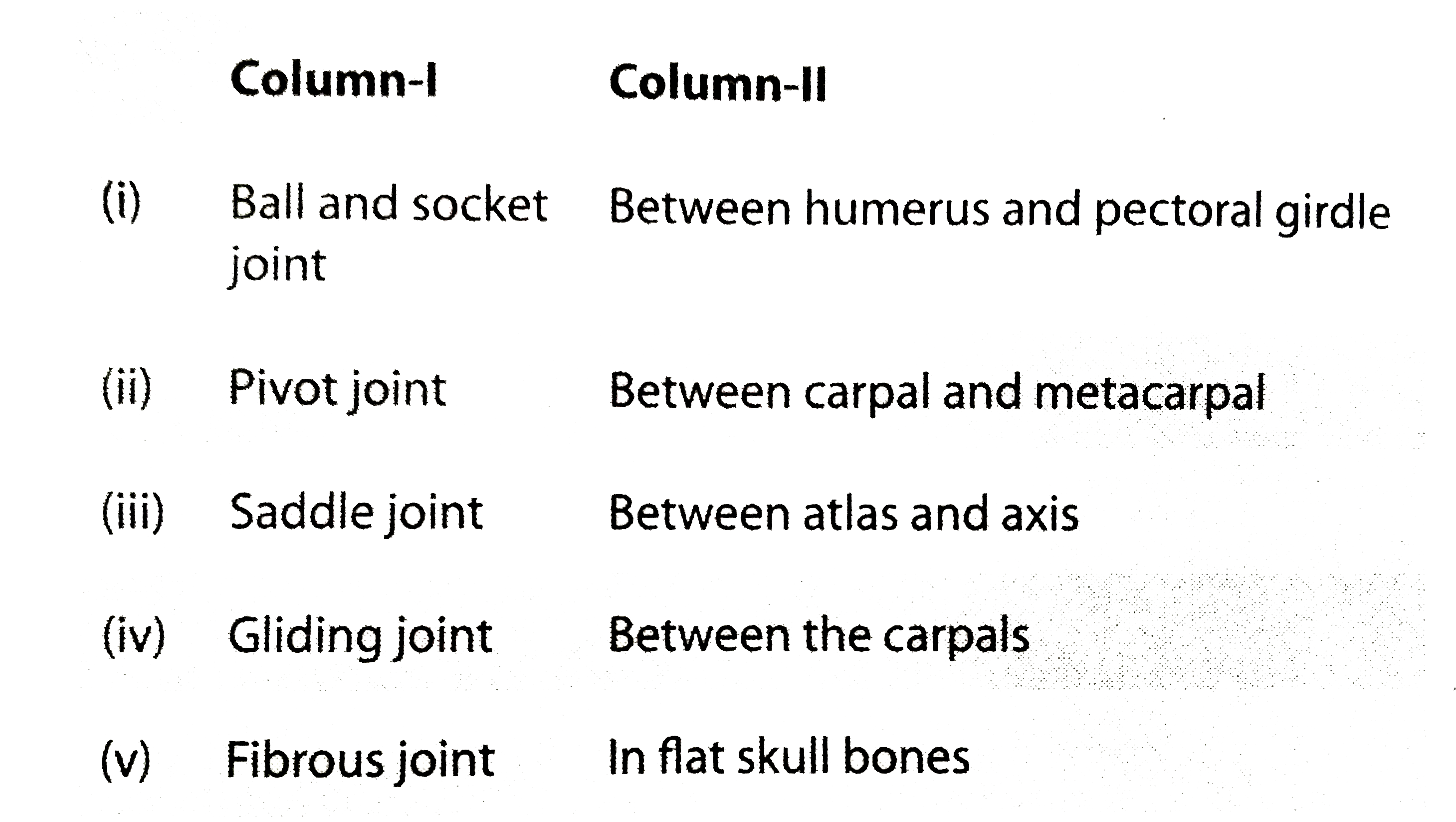Which of the following is a congential heart disease ?
(i) Atrial septal defect
(ii) Myocardial infarction
(iii) Patent ductus arteriosus
(iv) Ventricular septal defect
i, iii, iv
i, ii, iii, iv
i, ii, iv
iii only
The correct Answer is:A
To determine which of the following options is a congenital heart disease, we will analyze each option provided:
1. Atrial Septal Defect (ASD):
- Atrial septal defect is a condition where there is a hole in the septum that divides the two upper chambers of the heart (the atria). This defect is present at birth and is classified as a congenital heart disease.
2. Myocardial Infarction (MI):
- Myocardial infarction, commonly known as a heart attack, occurs when blood flow to a part of the heart is blocked, leading to tissue damage. This condition is not congenital; it is typically acquired due to factors such as coronary artery disease.
3. Patent Ductus Arteriosus (PDA):
- Patent ductus arteriosus is a condition where the ductus arteriosus, a blood vessel that allows blood to bypass the lungs in a fetus, fails to close after birth. This is also a congenital heart defect.
4. Ventricular Septal Defect (VSD):
- Ventricular septal defect is a condition where there is a hole in the septum that divides the two lower chambers of the heart (the ventricles). Like ASD and PDA, this defect is present at birth and is classified as a congenital heart disease.
Based on the analysis:
- Options (i) Atrial septal defect, (iii) Patent ductus arteriosus, and (iv) Ventricular septal defect are all congenital heart diseases.
- Option (ii) Myocardial infarction is not a congenital heart disease.
Final Answer: The congenital heart diseases among the options are (i) Atrial septal defect, (iii) Patent ductus arteriosus, and (iv) Ventricular septal defect.
- Atrial septal defect is a condition where there is a hole in the septum that divides the two upper chambers of the heart (the atria). This defect is present at birth and is classified as a congenital heart disease.
- Myocardial infarction, commonly known as a heart attack, occurs when blood flow to a part of the heart is blocked, leading to tissue damage. This condition is not congenital; it is typically acquired due to factors such as coronary artery disease.
- Patent ductus arteriosus is a condition where the ductus arteriosus, a blood vessel that allows blood to bypass the lungs in a fetus, fails to close after birth. This is also a congenital heart defect.
- Ventricular septal defect is a condition where there is a hole in the septum that divides the two lower chambers of the heart (the ventricles). Like ASD and PDA, this defect is present at birth and is classified as a congenital heart disease.
- Options (i) Atrial septal defect, (iii) Patent ductus arteriosus, and (iv) Ventricular septal defect are all congenital heart diseases.
- Option (ii) Myocardial infarction is not a congenital heart disease.
Topper's Solved these Questions
- BODY FLUIDS AND CIRCULATIONBOOK - ALLENCHAPTER - BODY FLUIDS AND CIRCULATIONEXERCISE - Matrix Type
10 Videos
- BIOTECHNOLOGY AND MICROBES IN HUMAN WELFAREBOOK - ALLENCHAPTER - BIOTECHNOLOGY AND MICROBES IN HUMAN WELFAREEXERCISE - ExerciseII
18 Videos
- BREATHING AND EXCHANGE OF GASESBOOK - ALLENCHAPTER - BREATHING AND EXCHANGE OF GASESEXERCISE - S
33 Videos
Similar Questions
Which of the following is a covalent solid ?
(i) AF3
(ii) Alcl3
(iii) MgCl2
(iv) BeCl2
View SolutionWhich of the following numbers are not perfect cubes ? (I)64 (ii) 216 (iii) 243 (iv) 1728
View SolutionWhich among the following have scales?
(i) Amphibians (ii) Pisces
(iii) Reptiles (iv) Mammals
View SolutionWhich among the following have open circulatory system?
(i) Arthropoda (ii) Mollusca
(iii) Annelida (iv) Coelenterata
View SolutionWhich of the following are homogeneous in nature?
(i) Ice (ii) Wood (iii) Soil (iv) Air
View SolutionWhich of the following are meaningless: (i)VX(ii)IC(iii)IXX (iv) VVIII
View SolutionWhich of the following is/are not carrectly mathched pairs ?

(a) (ii) and (iii)
(b) (i) and (iv)
(c) (v) only
(d) (ii) only
View SolutionWhich of the following is /are cellulose
(i) Paper (ii) Cotton fibre
(iii) Chitin (iv) Glycogen
View SolutionWhich of the following are meaningless? (i) "I I ICCC" (ii) KKKCCXI (iii) XD (iv) VC
View SolutionWhich of the following are perfect cubes ? (I)4608 (ii) 106480 (iii)166375 (iv) 456533
View Solution
